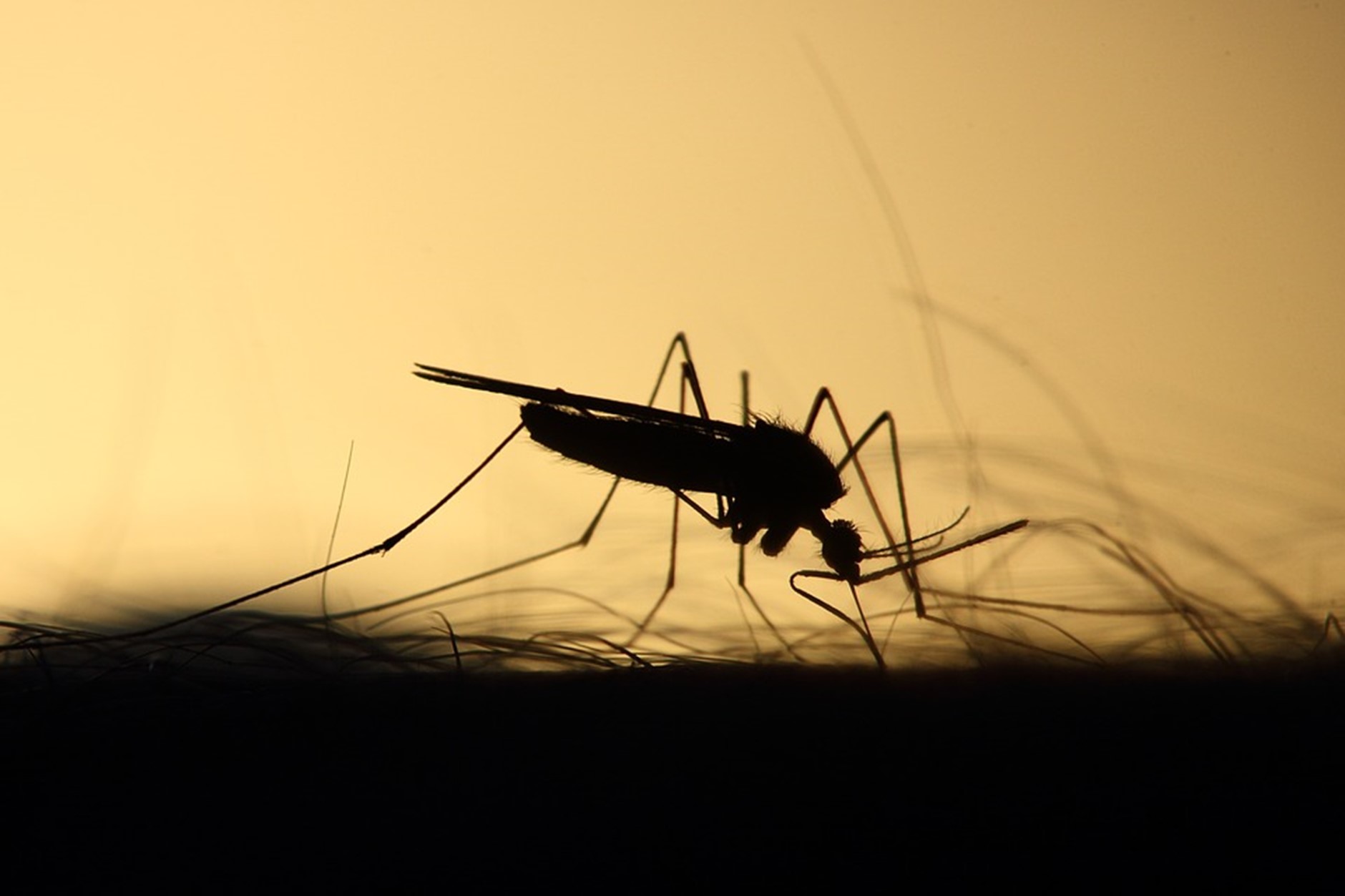On December 22nd and 23rd, the African Union Development Agency, AUDA-NEPAD, and the National Biosafety Authority of Senegal came together to organize an information session on gene drive technology as a complementary tool for malaria vector control in Somone, Senegal.

The goal of the meeting was to discuss the potential and opportunities gene drive technology offers in public health by bringing together key Senegalese stakeholders and experts from countries who are currently researching the approach to share their knowledge. In all, sixty people participated in the meeting.
Some of the issues addressed during the meeting include the potential ecological impacts of mosquito population suppression, cost and time needed to obtain substantial results, sustainability in malaria control following termination of donor funding, and safety measures put in place to ensure safe development and use of the technology at the national, regional, and international levels. It was also emphasized that the development of gene drive technologies for malaria control follows the phased approach recommended by the WHO; this means that each phase of research must produce satisfactory results, in order for work to progress. This helps to ensure safety, accountability and excellence are prioritized.
At the end of the meeting, participants agreed on four key recommendations including the adoption of a revised biosafety law to allow research on modern biotechnology and related emerging technologies and the development of a 10-year research and innovation plan to secure adequate funding and envisage a paradigm shift on research and innovation in the sub-region. According to the 2021 World Malaria Report, sub-Saharan Africa accounts for over 95% of the global share of the malaria burden. If proven safe and effective, new tools such as gene drive could help address current challenges in the fight against malaria and spur progress towards elimination of the disease. Read the full account of the information sharing session here.
